
4 Things You Should Never Keep in the Freezer — They Could Be Dangerously Hazardous
“There are a few things in your freezer that are seriously dangerous — you’d better take them out right away,” my refrigerator repairman warned. I thought he was exaggerating — until he explained why.
It all started when the freezer in my kitchen began leaking water because of a broken door seal. I called a technician to fix it, but what he told me next genuinely shocked me.
According to him, many households unknowingly keep potentially explosive or hazardous items in their freezer. These objects not only risk damaging the appliance but can also pose a safety threat to you and your family.
Here are the four things experts say you should never store in your freezer — and why.
1. Glass Containers and Bottles
Many people pre-chop ingredients like garlic, herbs, or soup stock and store them in glass jars in the freezer for convenience. But this is actually a very dangerous habit.
When the temperature drops, glass becomes brittle. If the contents inside — especially liquids — freeze and expand, the pressure can make the glass crack or even explode.
According to Consumer Reports (2024), liquid expands by roughly 9% when frozen, and the internal pressure can easily shatter most household glass containers not designed for freezing. Flying shards can cause injury, damage freezer components, or puncture the cooling system.
👉 Safer alternative: Use plastic freezer-safe containers or silicone storage bags specifically labeled for low temperatures. These are flexible enough to handle expansion safely.
2. Dry Ice (Solid CO₂)
Sometimes, when buying seafood, frozen desserts, or even shipping food, stores include dry ice to keep the temperature low. Some people, not knowing better, pop it into their home freezer — but that’s a major mistake.
Dry ice is actually solid carbon dioxide (CO₂), which sublimates (turns into gas) at about –78.5°C, while a household freezer only reaches about –18°C. This temperature difference causes the dry ice to rapidly release CO₂ gas.
If you close the freezer door, the gas can build up in the confined space, increasing internal pressure and potentially causing the door or cooling lines to burst (BBC Science Focus, 2023). In extreme cases, it can even lead to minor explosions or refrigerant leaks.
👉 Bottom line: Never store dry ice in the freezer. Instead, keep it in a well-ventilated cooler and allow it to sublimate safely.
3. Carbonated Drinks — Soda, Beer, Sparkling Water
This might be one of the most common and dangerous mistakes. To chill a drink quickly, many people toss a can of soda or a bottle of beer into the freezer. Unfortunately, that’s a recipe for disaster.
Carbonated beverages contain dissolved carbon dioxide under pressure. When the liquid starts freezing, it expands, increasing internal pressure inside the sealed container. The result? It explodes.
There have been numerous cases of people opening their freezer only to be hit by shards of glass or an exploding can of cola (The Guardian, 2023). Even if the container doesn’t shatter, the sudden release of pressure can cause sticky, frozen soda to coat your entire freezer — a nightmare to clean and a real safety hazard.
👉 Expert tip: Chill drinks in the refrigerator instead, or place them in an ice-water bath for 10–15 minutes for a quick, safe cooling method.
4. Wet or Un-Dried Foods
It seems harmless to wash meat, fish, or vegetables and immediately freeze them — but that’s actually bad for both your freezer and the food itself.
When wet food is placed in the freezer, the moisture on the surface freezes into ice crystals that can stick to the freezer walls, trays, or other food items. Over time, this can lead to frost buildup, blocking airflow and making your freezer less efficient.
According to Energy Saving Trust (UK, 2024), frost buildup forces the compressor to work harder, increasing electricity usage and shortening the appliance’s lifespan.
Moreover, frozen moisture can damage the freezer’s cooling coils or plastic trays if you try to pull the stuck food out by force.
👉 Tip: Always pat foods dry before freezing and use airtight freezer bags to minimize moisture.
Final Advice from Technicians
What seems like harmless everyday storage can actually turn your freezer into a silent hazard zone. To keep both your appliance and your household safe, follow these rules:
✅ Only use freezer-safe materials (no glass, no pressurized containers).
✅ Avoid storing volatile substances like dry ice or alcohol-based liquids.
✅ Leave enough space for cold air circulation — don’t overfill your freezer.
✅ Keep the inside clean and regularly defrost to prevent frost buildup.
Small precautions can prevent costly repairs — or worse, serious injury. As the repairman said:
“The freezer is made to keep food safe, not to test its limits.”
News in the same category

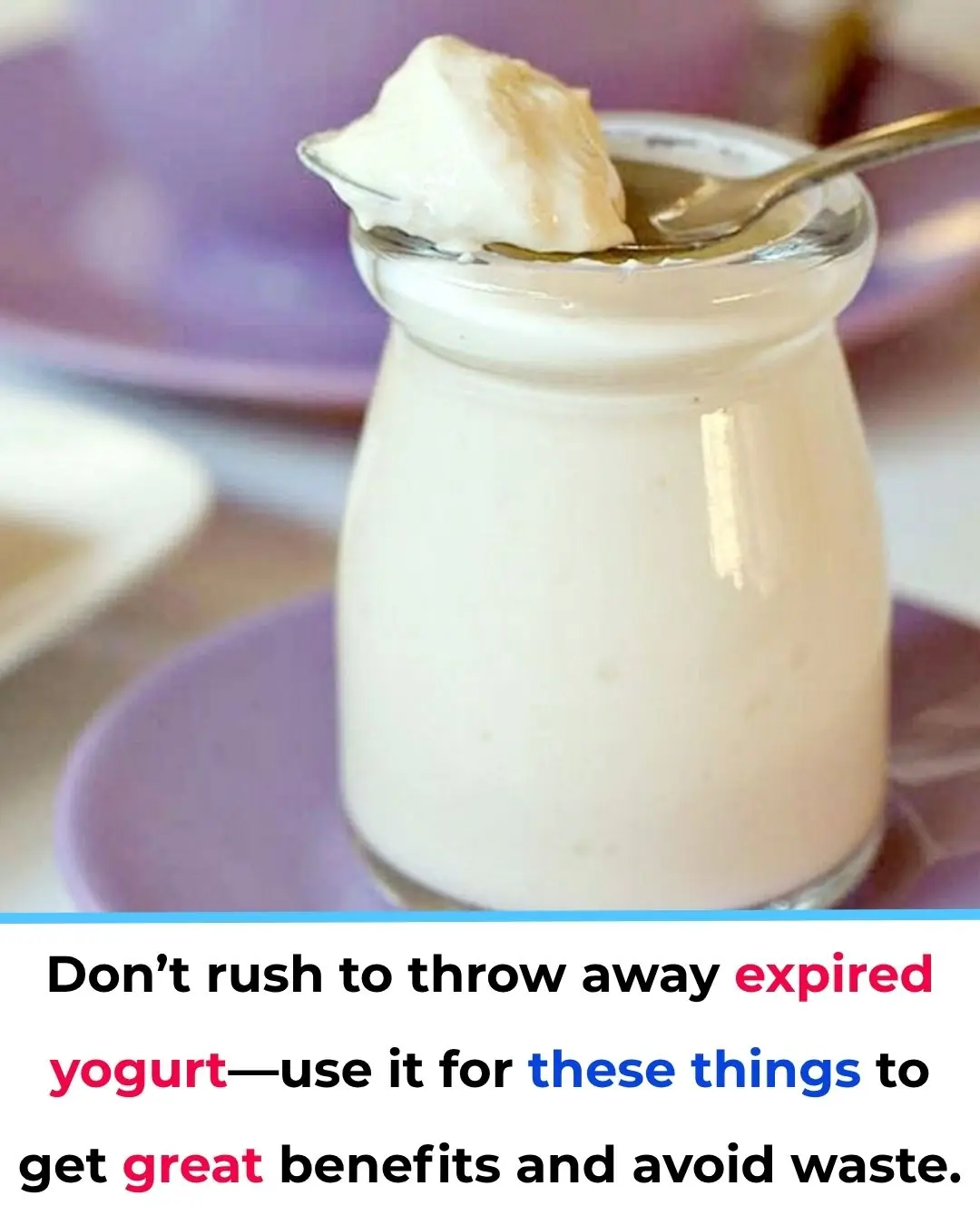
What Can You Do with Expired Yogurt?

Should You Choose Pork with a Dark or Light Color for the Freshest Quality?

‘Why He Grabbing His Arm Like That?’: Denzel Washington Unleashes on Handsy Photographer During Intense On-Camera Confrontation
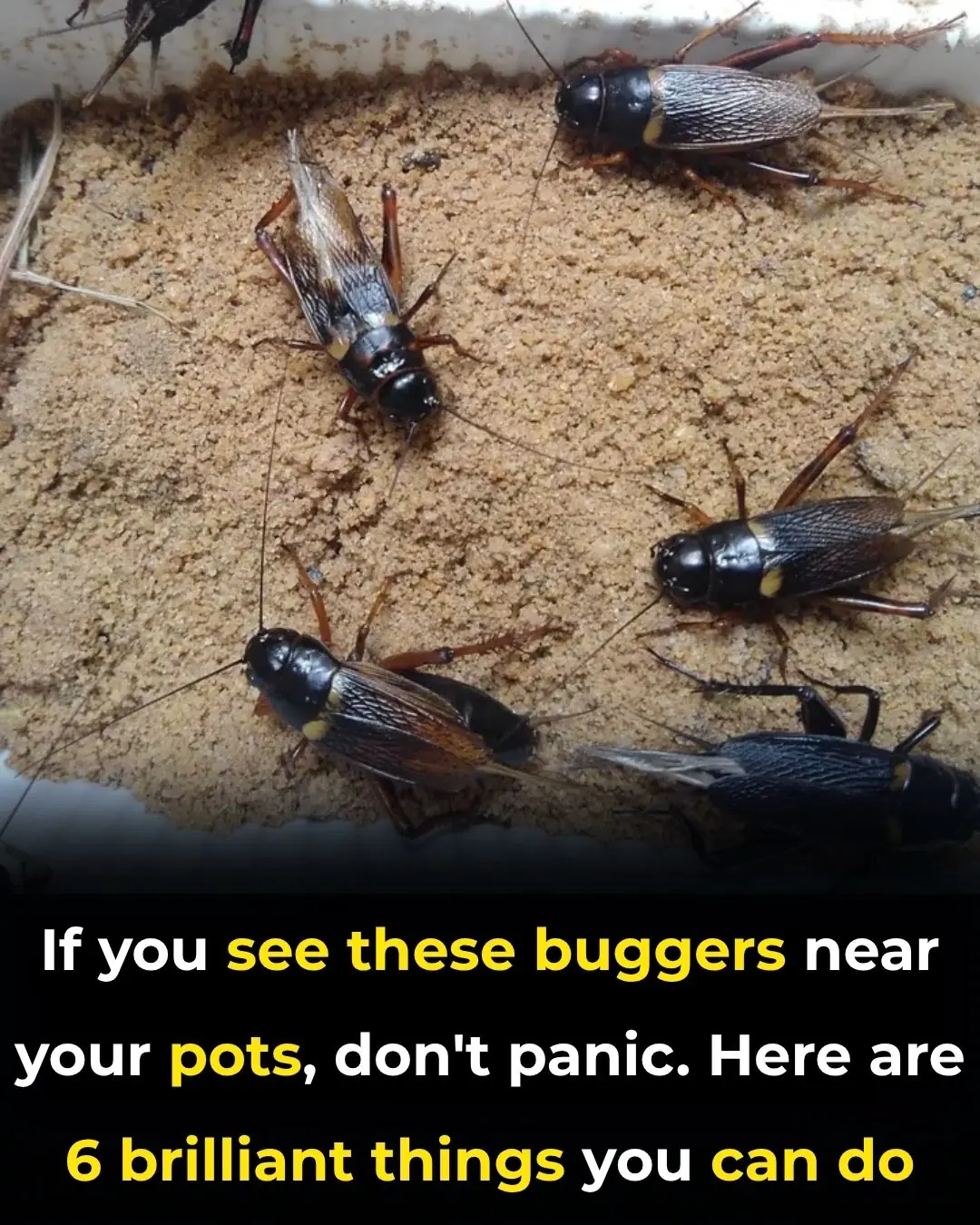
If You See These Buggers Near Your Pots, Don’t Panic — Here Are 6 Brilliant Things You Can Do

Meet 102-Year-Old Eloise Brown, the Philadelphia Eagles Biggest and Longtime Fan

17 Important Quotes About Love From Historical Black Figures

5 Things You Never Knew About The First Black Film Star Nominated For Academy Award For Best Actress
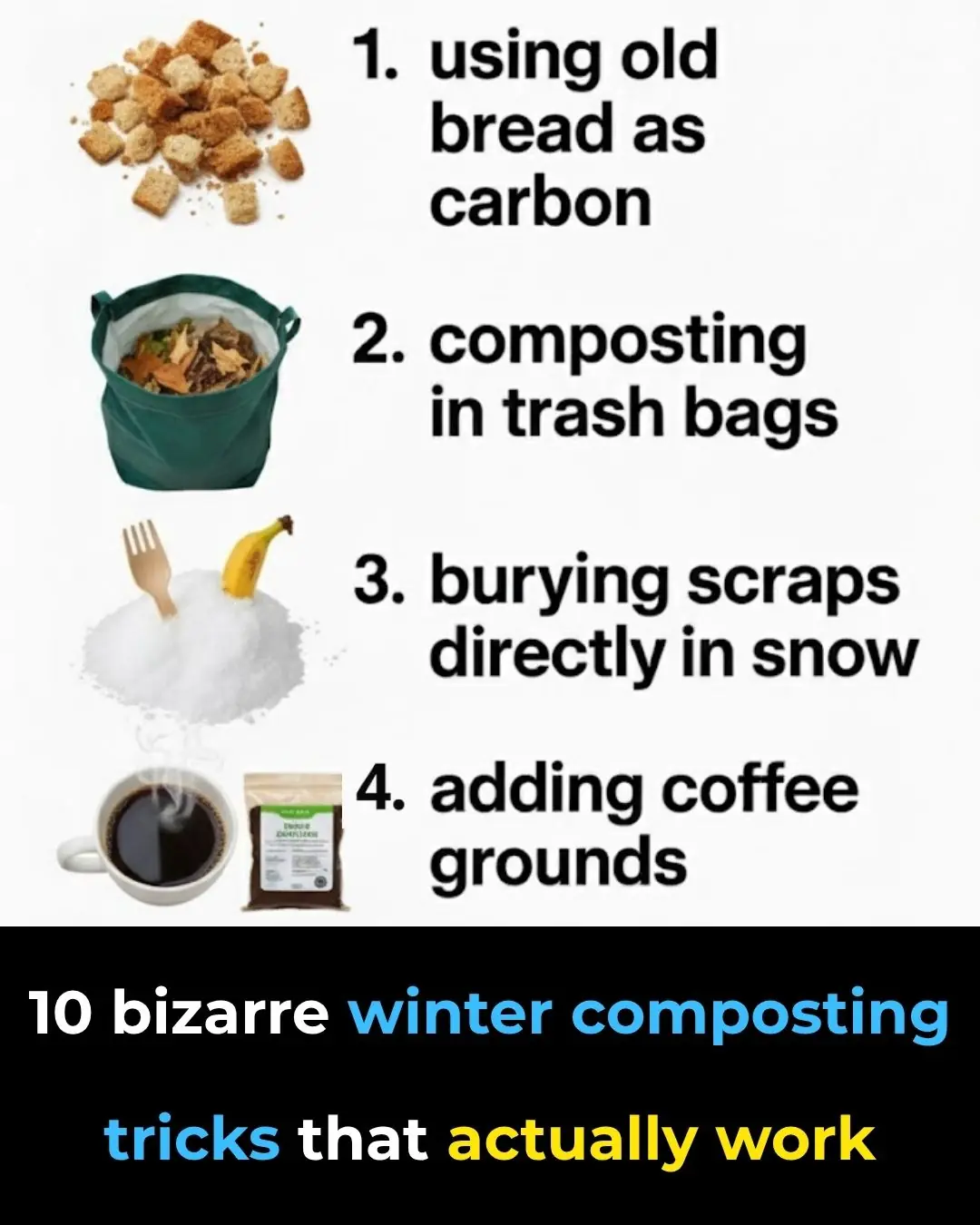
10 (Plus One) Unusual Winter Composting Hacks That Really Work
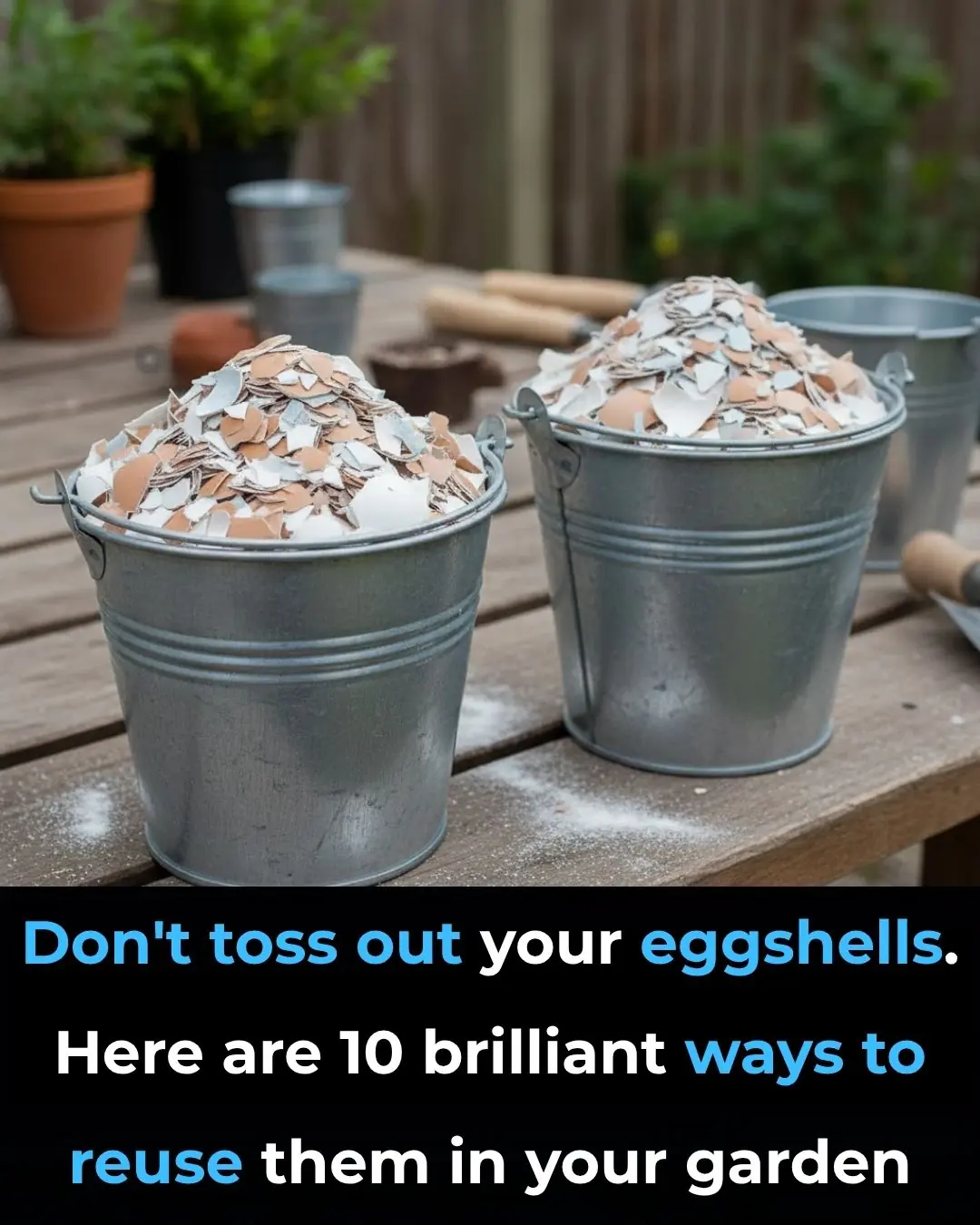
Don’t Toss Out Your Eggshells: 10 Brilliant, Science-Backed Ways to Reuse Them in Your Garden

Jackson 5 Child Actor, Floyd Roger Myers Jr, has joined the ancestors

Fisk Gymnast Morgan Price Earns Highest-Ever Score for an HBCU Gymnast

Most Folks Don’t Realize They’re Doing This: 10 Critical Mistakes That Stop Tomatoes from Ripening

8-Year-Old Hosts Food Drive To Feed 150 Families on His Birthday

Elon Musk enables groundbreaking feature to UK phones that will connect millions

NASA issues official statement to Kim Kardashian after reality star made shocking claim about space agency

People call on government to intervene after Elon Musk posts worrying tweet

Nvidia signs $500,000,000,000 deal that could transform the US energy sector

47-Year-Old Man Dies from Liver Failure: “Two Types of Pain, Two Types of Itching” Warn of Serious Liver Disease
News Post
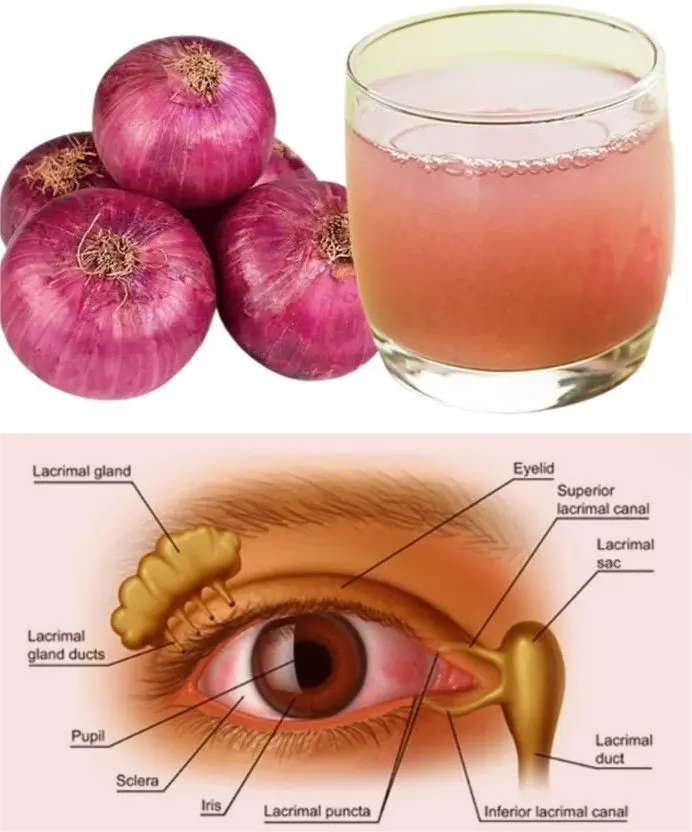
Can Onion Juice Gently Support Eye Health? A Natural Tip to Try

Bed Bugs Hate This! How Diatomaceous Earth and Cloves Can Wipe Them Out

These are the consequences of sleeping with the…

5 Common Foods That Often Contain Parasites — Many People Eat Them Daily

1 Vitamin Stops Calcium Buildup in Arteries and Heart

S:ida Acuta: Exploring the Healing Properties of this Herbal Remedy
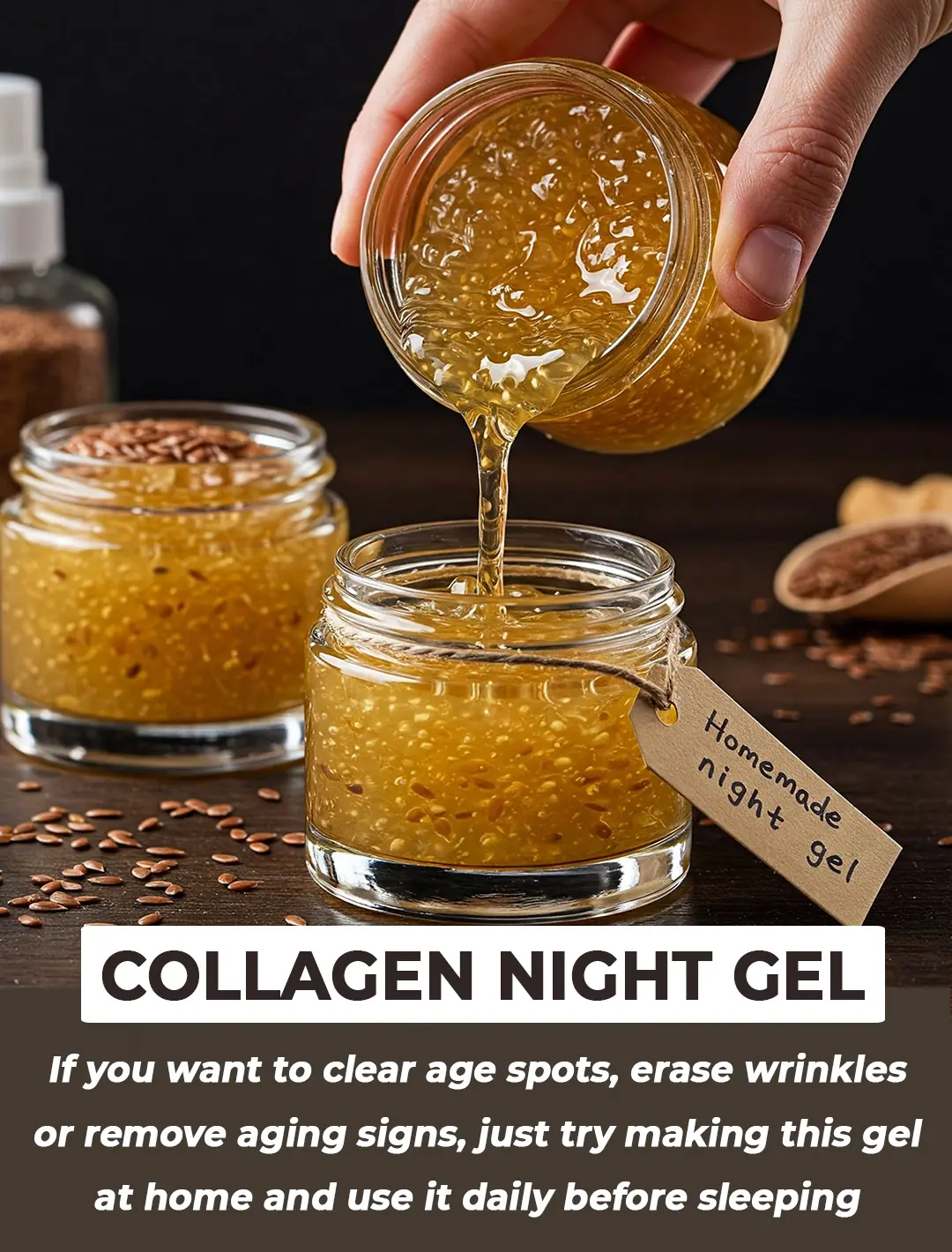
DIY Flaxseed Collagen Night Gel for Hydration and Rejuvenation

10-Day Licorice Treatment for Dark Spots: Fade Pigmentation and Achieve Glowing Skin Naturally

Easy Recipe to Make ABC Collagen Ice Cubes at Home: The Secret to Glowing, Firm Skin
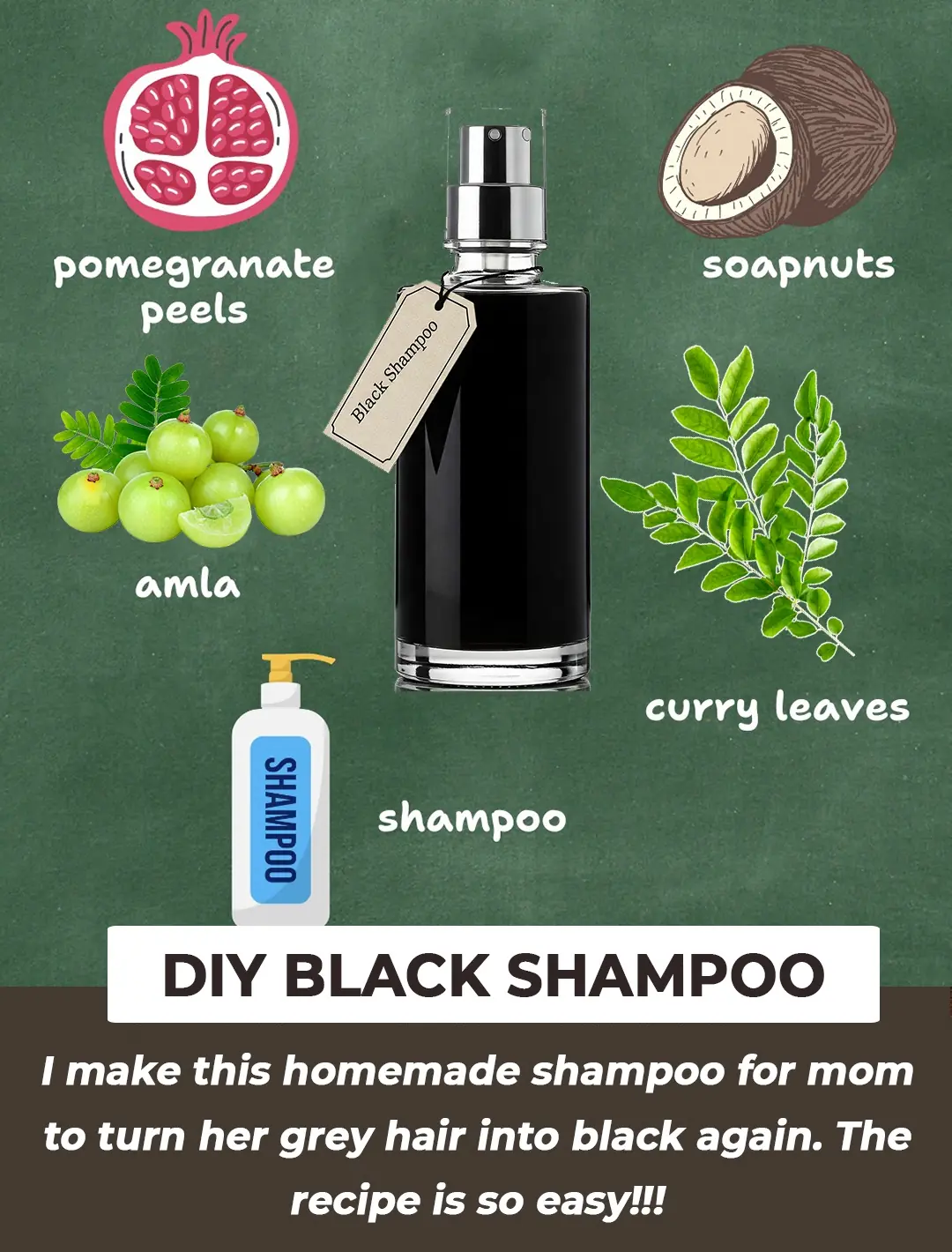
2 Mins Black Shampoo For Grey Hair

Why this doctor refuses to prescribe statins for high cholesterol

The 'divine' secret to frying

Why do we have to leave our phone face down on the table when we are not using it?

Hanging a towel on the door handle before bed: Unexpected benefits but few people know

Tips for conditioning your hair with over-cooked bamboo shoots

Treat premature gray hair thanks to the black dye formula
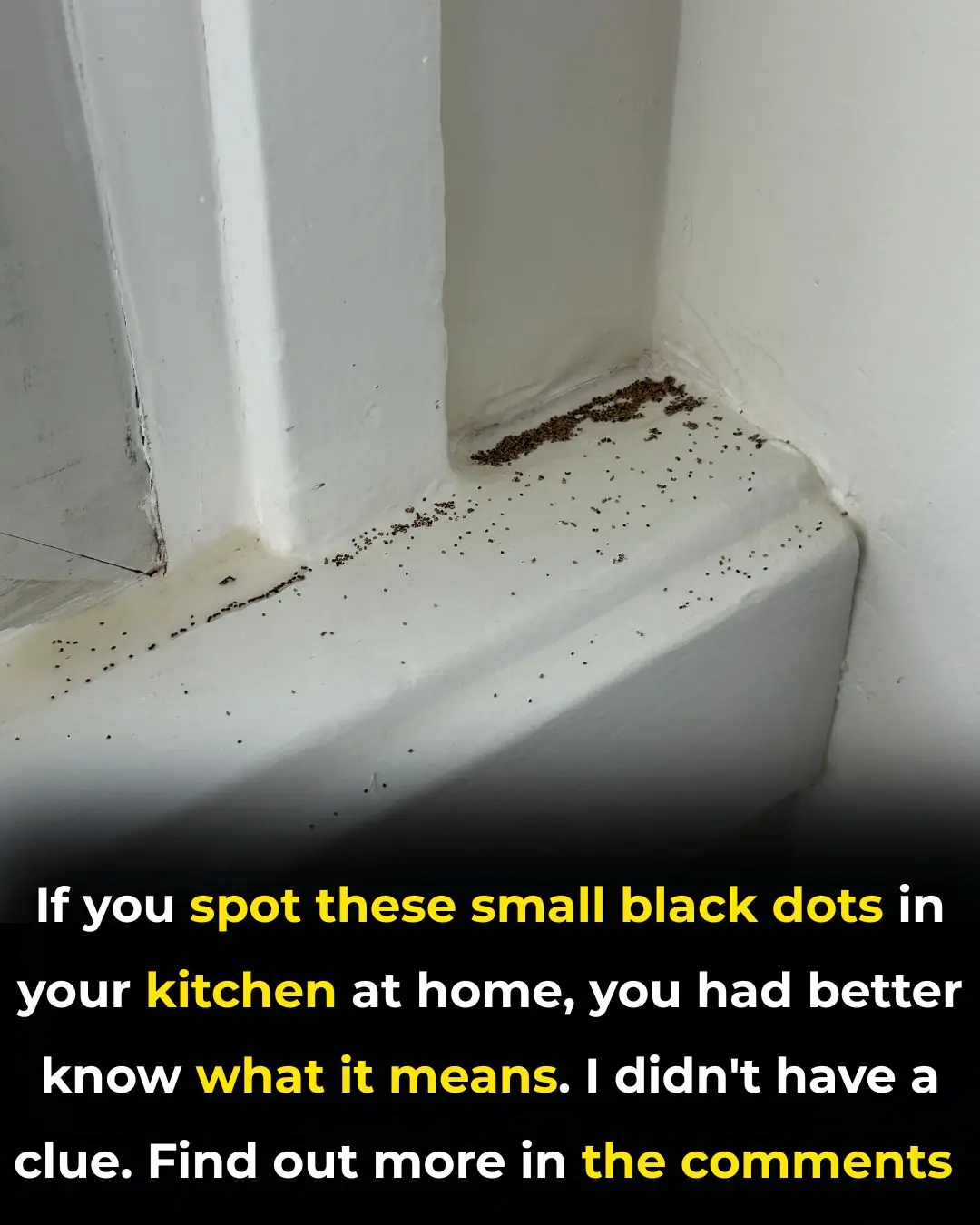
What Are These Strange Black Dots In Your Kitchen
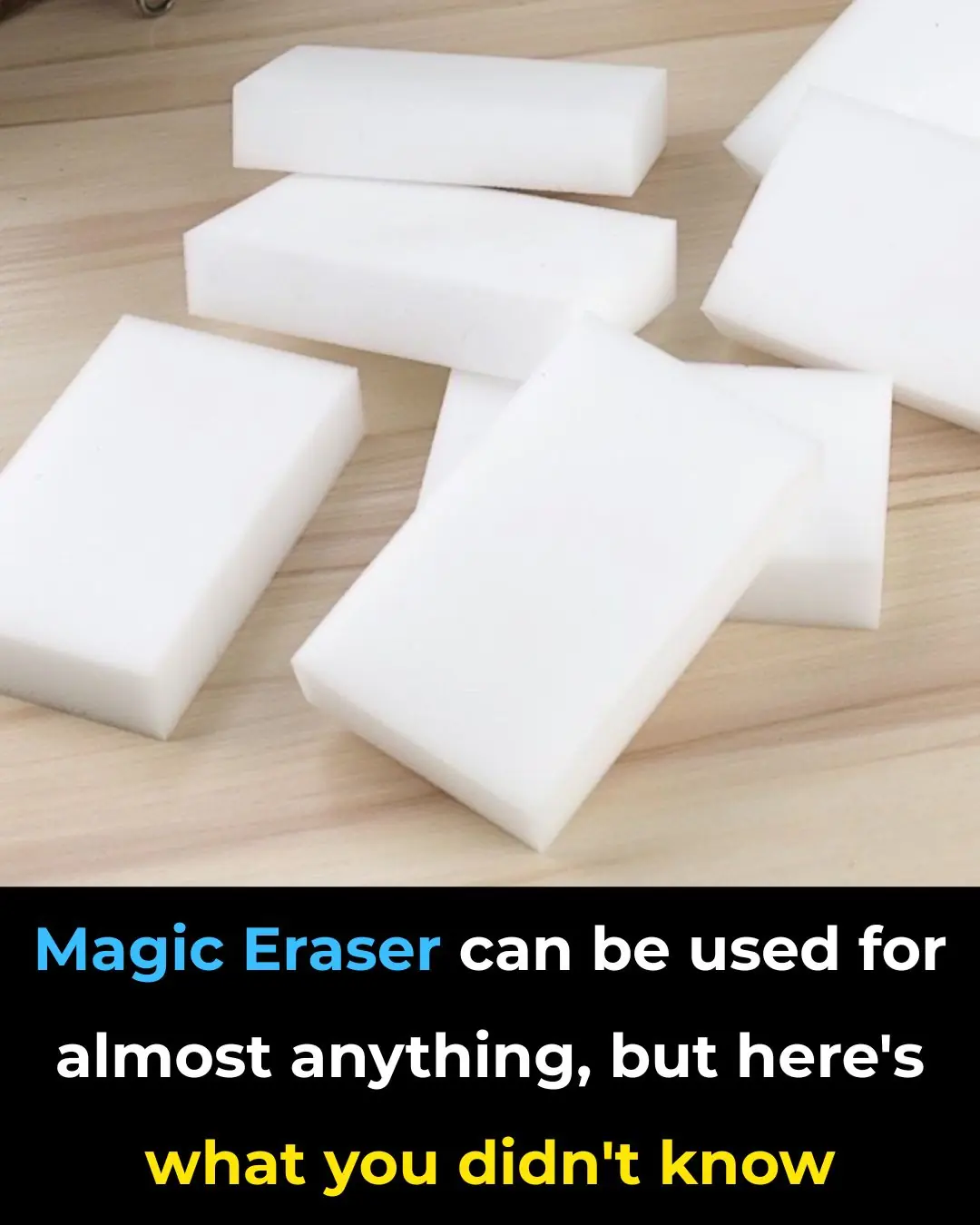
Magic Eraser can be used for almost anything, but here's what you didn't know
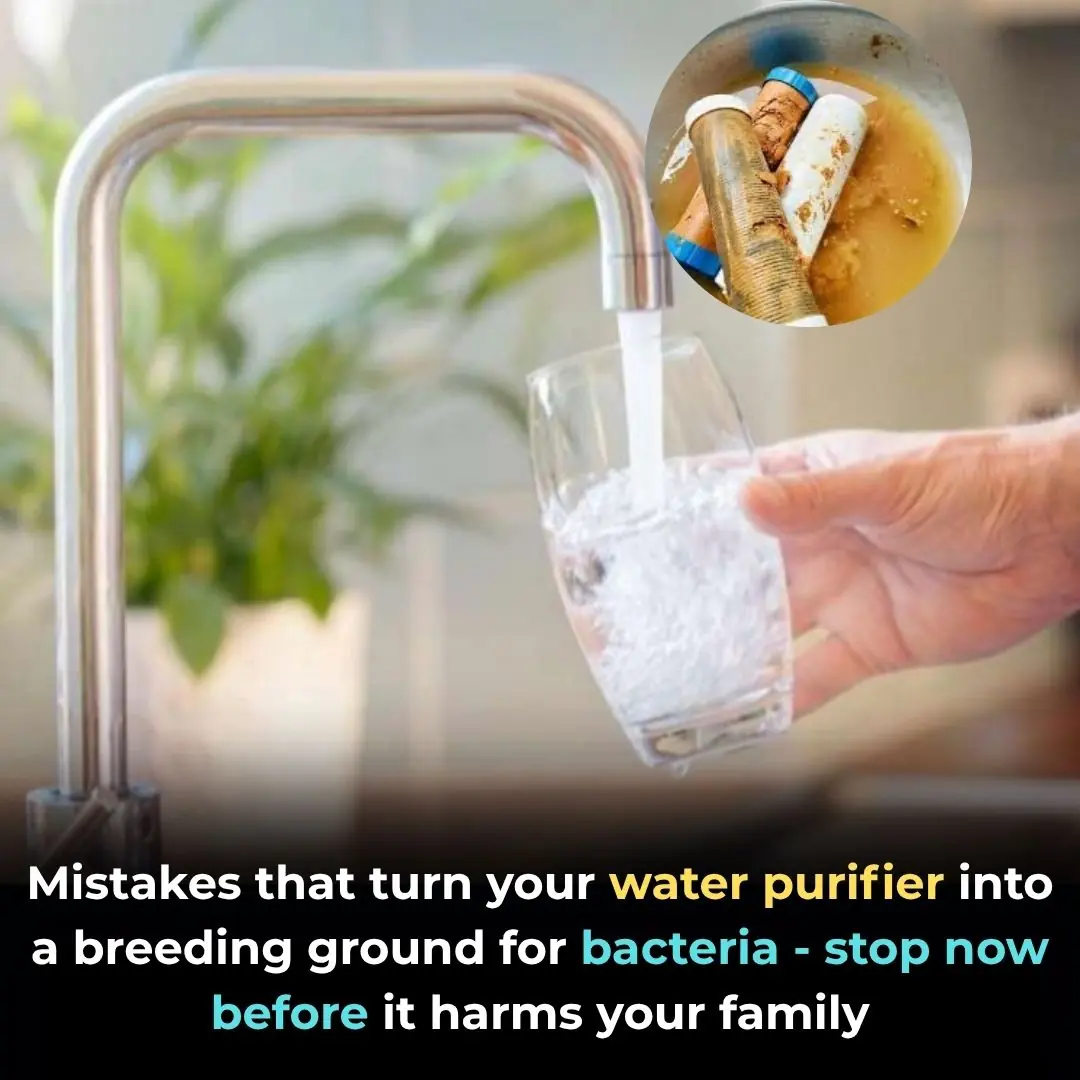
Wrong understanding turns water purifiers into diseases, remove them immediately to avoid harming the whole family
